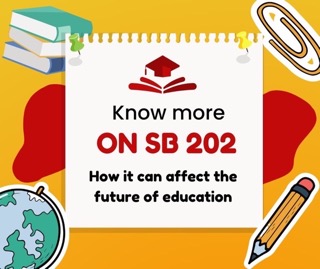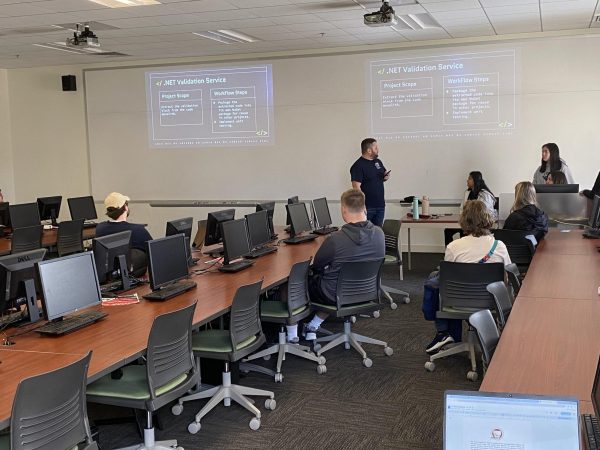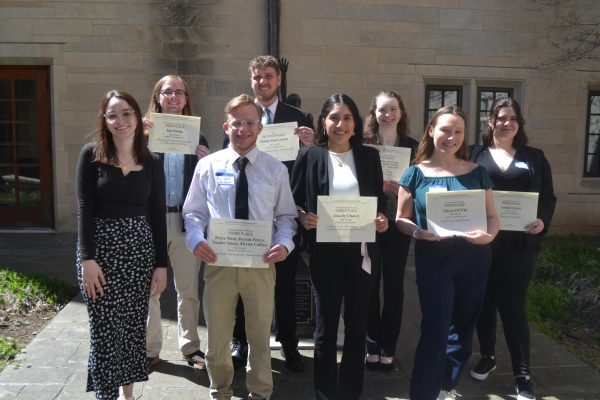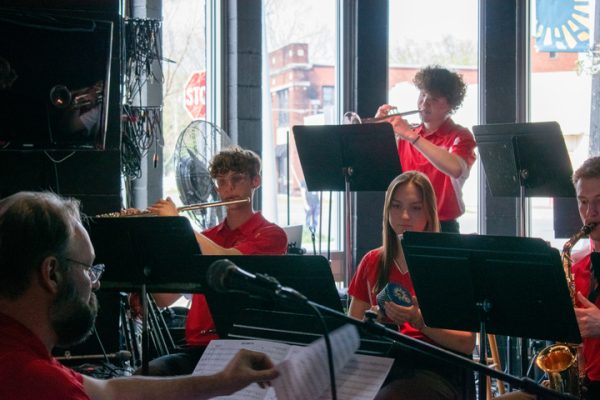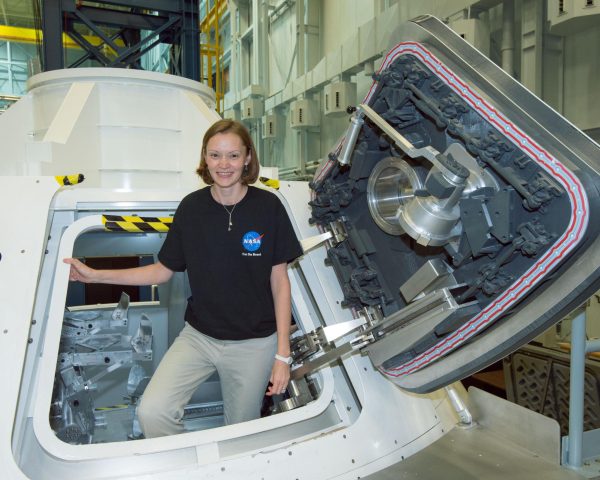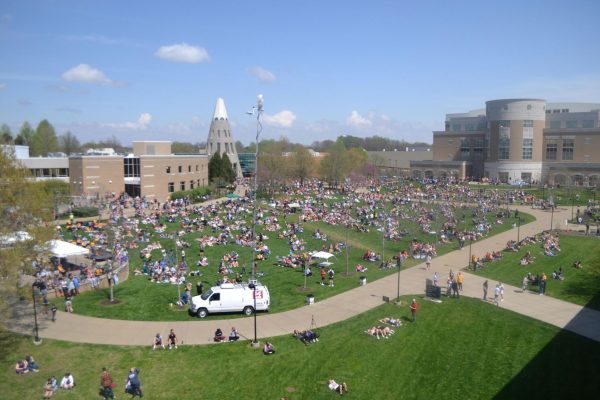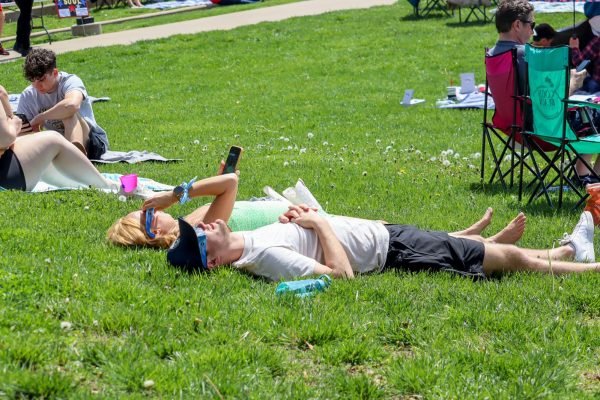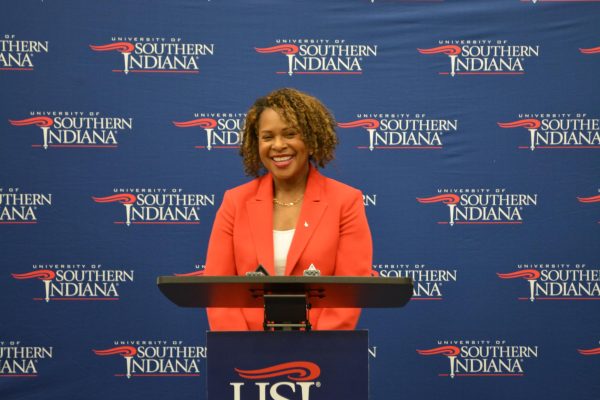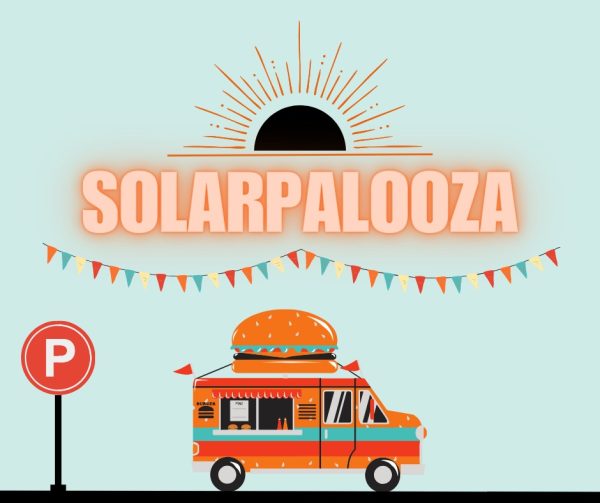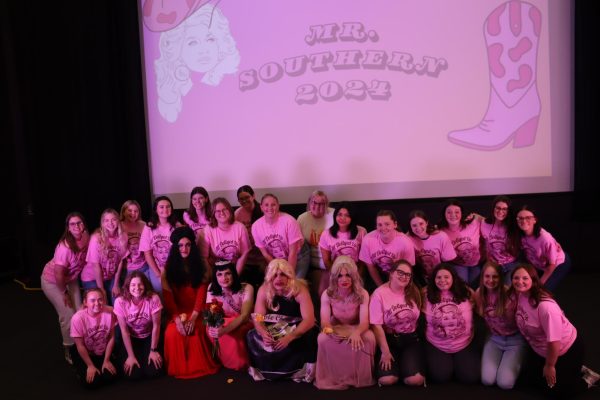Correction: Controversial Drag Queen Story Hour divides university
Editor’s Note: The Shield previously reported that the EVPL does not perform background checks on their part-time employees or volunteers. This is incorrect, they perform background checks on all full-time and part-time employees. Volunteers do not need background checks but are always under the direct supervision of an EVPL staff member.
The Evansville Vanderburgh Public Library’s decision to host Drag Queen Story Hour has sparked controversy across the city and divided the university.
The EVPL will hold its first Drag Queen Story Hour Saturday.
Senior accounting major Tommy Shetler first heard about the event in mid-December.
“When I first heard about it, it was one of those things where I was just like ‘okay it’s just with the times,’” he said. “I didn’t really care, to be honest.”
Shetler said his brother-in-law, City Councilman Justin Elpers, posted his objections to the Drag Queen Story Hour on his personal Facebook page, resulting in community backlash.
“Somebody took his information, posted it on Tri-Stated Alliance and then he received I think it was over 500 to 600 comments that were 90 percent very hateful,” Shetler said. “They published his address, or somebody did. I can’t blame that on Tri-State Alliance, but somebody from that group published his address and asked people to show up to his house.”
Shetler said he decided to look into the event and community outrage further as he did not understand why people would become so defensive toward Elpers who had no control over the decision.
Shetler said he found out through a county council meeting that the EVPL does not perform background checks on their volunteers.
Several groups and community figures have protested the Drag Queen Story Hour, including Associate Professor of Engineering Glen Kissel.
“(Kissel) is also coming from the stance that this does not correspond to anything that is in the library’s mission statement,” Shetler said. “From what I’ve gathered, the groups that are protesting it have a similar feeling that I do that the library just isn’t providing a safe environment.”
Assistant Professor of Gender Studies Grace Howard has a different view of the event and its detractors.
“(Elpers was) bringing certain kinds of moral concerns about childhood well-being into the equation which, it’s an interesting argument,” she said. “The ‘won’t somebody think of the children’ type argument with regards to sexual orientation and gender identity are not new at all.”
Story hour is a pre-existing volunteer program where people read stories to children. Some drag queens wanted to participate as programs like the Drag Queen Story Hour have popped up across the country, Howard said.
“It serves a number of different functions,” she said. “One of them is that, in my book, it’s always good to have people reading stories to children. I think that that’s great.”
Howard said that she loved books as a child and that she might not have become a professor if people hadn’t encouraged her to read.
“Another thing (Drag Queen Story Hours have) done is give children an opportunity to learn that there are different kinds of people,” she said. “It also gives children the opportunity to learn that they can be different and still be valued members of society who contribute in positive ways to the world that they live in.”
Howard does not agree with the chief concerns of the opponents of the story hour.
“I mean if (background checks) are a concern, then they should be doing background checks on every single person that’s a part of the library,” Howard said. “Do background checks on every citizen. I mean the point of this is (to be) a public space. Libraries aren’t just places that contain books, they are places that are supposed to help facilitate coming together and communication and discourse around as wide a variety of issues and populations as possible.”
Howard said the point of a public library is to be a public space where conversations and events such as the Drag Queen Story Hour can take place.
“People can have their own libraries that are private that conform to their own moral standards and ideologies, and that’s totally acceptable,” Howard said. “For a public library the idea that people should be able to dictate what kind of programming goes on because of their own personal moral objections, it is something that, as a political science Ph.D., makes me raise an eyebrow.”
Howard said that she is concerned about marginalized people.
According to the National Gay and Lesbian Task Force Policy Institute, 40 percent of homeless youth identify as LGBT, and 58 percent of homeless youth have been sexually assaulted.
“We know that having programs like this actually does make a difference,” Howard said. “But for those individual children, it can make a really big difference. In their own lives, in the way that they’ll perceive others, if they have a friend that is struggling, can give them that little bit of competency and knowledge that can help them cope with reality, and I think that’s kind of a marvelous thing.”

